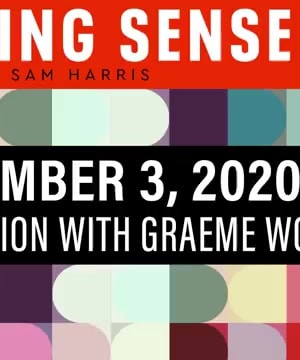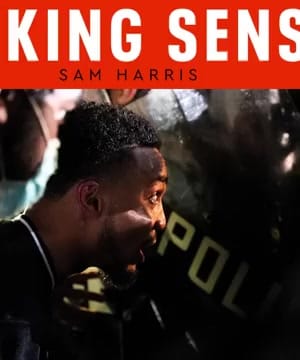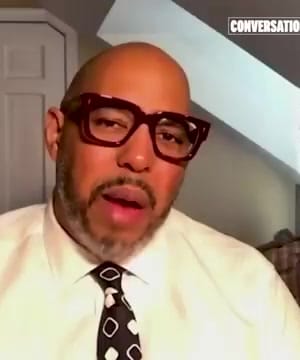Ferguson effect
Sources:
The term "Ferguson effect" refers to the decline in proactive police engagement following significant public scrutiny and backlash after high-profile incidents involving police use of force, such as the 2014 shooting of Michael Brown in Ferguson, Missouri.
Several experts have discussed this phenomenon:
-
Dan Bongino emphasized the negative impact on police recruitment and the legal and financial risks for officers. He argued that the Ferguson effect leads to a hands-off approach in policing, reducing proactive measures and impacting community safety 1.
-
Sam Harris noted that the Ferguson effect results in police officers avoiding proactive policing to evade potential controversy and litigation. This behavior, he suggested, contributes to rising crime rates as officers pull back from their duties 2 3.
-
Michael Shellenberger explained that the demonization of the police can demoralize officers and reduce their presence in communities, which can escalate crime rates. He argued for a balanced approach to policing, which includes adequate law enforcement and support for community measures 4 5.
-
Anthony Barksdale confirmed that the Ferguson effect is real, noting that officers become more cautious to avoid becoming targets of public and media scrutiny, leading to a decrease in proactive policing activities 6.
Overall, the Ferguson effect highlights a complex interplay between public perception, police behavior, and community safety, underscoring the challenges in maintaining effective law enforcement amidst growing scrutiny and the need for careful reform.
RELATED QUESTIONS-


